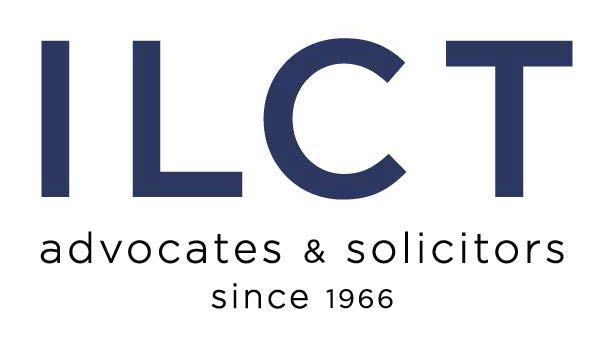Regulations on Advertisement of Alcoholic Beverages
Thailand has one of highest road-related fatalities per capita, many of which are contributed by alcohol consumption. Not only that, it was found that road related fatalities skyrocketed during national Thai holidays where social drinking were prevalent. As such, the issue of alcohol consumption has always been a major concern for the Thai government and society alike.
To curb alcohol-related problems, the Thai government implemented Alcoholic Beverage Control Act, B.E. 2551 (2008) (“ABCA”). Similar to Plain Tobacco Packaging Act included in WHO Framework Convention on Tobacco Control (WHO FCTC), the ABCA aims to control alcohol related advertisements by removing positive associations of brands (including design and/or symbol) from the consumption of alcoholic beverages. With the ABCA, the advertisement avenue for alcoholic companies and content creators has been reduced. Consequentially forcing them to adjust or face heavy fines and punishments.
About the Regulations
Section 32, paragraph 1 of the ABCA prohibits any persons from directly or indirectly advertising or displaying name, symbol or trademark of any alcoholic beverages in a manner showing its properties or persuading another to drink. Meaning, any image and/or video advertisement of alcoholic beverage’s related symbol (i.e. trademark or name) is strictly prohibited. Hence, obvious advertisement of any illustrations relating to alcoholic beverages, packaging or container is not allowed. With this being said, the ABCA does provide an exemption if the advertisement originated from outside of Thailand.
The Ministerial Regulations Prescribing Bases and Conditions on Displaying of Picture of Symbol for Advertising or Public Relations of Alcoholic Beverages, B.E. 2553 (2010) also stipulates the following regulations:
- Any symbols that may be used to illustrate alcoholic beverages must not occupy more than 3% of the total advertisement space;
- The symbol must be accompanied by a health warning statement either in English or Thai (e.g. alcohol can decrease driving ability);
- The symbol should be displayed for less than 5% of the total advertising time, while not exceeding 2 seconds of the total advertisement;
- The symbol may only be shown at the end of the advertisement, which may only be broadcasted between 22:00 (10.00 pm) – 05:00 (05.00 am) BKK +7 GMT
Common Pitfalls
As mentioned above, companies and content creators should avoid any advertisement that can be considered as inducement or persuasion of alcoholic beverage consumptions. Section 30 and 32, paragraph 2 of the ABCA further stipulate the manner of sale and the manner of advertisement. These are such as:
- Boastfully advertising property of an alcoholic beverage (e.g. the beverage has health benefits);
- Using a person of fame (i.e. celebrity, influencer or athlete) or any person under the age of 20-year-old to advertise the alcoholic beverage;
- Display of the actual beverage, packaging or container;
- Any persuasive advertisements; or
- Using lotto, lucky draw, free-sample or promotional activity in relation to promoting alcoholic beverages.
Penalties
Failure to comply with Section 32 includes liability for imprisonment for a term not exceeding a year, or for a fine not exceeding 50,000 Baht a day through the period of violation, or until acting correctly. Furthermore, the penalty for violating Section 30 includes liability for imprisonment for a term not exceeding six months, or for a fine not exceeding 10,000 Baht, or both.
Final Advice
Overall, the safest route would be to not include the actual images, videos and/or illustrations of alcoholic beverages on advertisement content(s). Whereas, symbols may be used as long as it is in compliance with the stipulated regulations. In any case, companies and content creators may still create “tasteful content” to allow wholesome advertisement while remaining in compliance with the laws. Alcohol-free/zero percent alcoholic beverages and creatively imitated water bottle are such examples. With such strategy, companies can avoid the legal pitfalls, while able to promote its entire brand image and all related products in a positive light.
For further assistance or advice on how to safety create your advertisement content or compliance evaluation, please contact us at: law@ilct.co.th
By:
Chart Chotiphol
Counsel/Business Development


